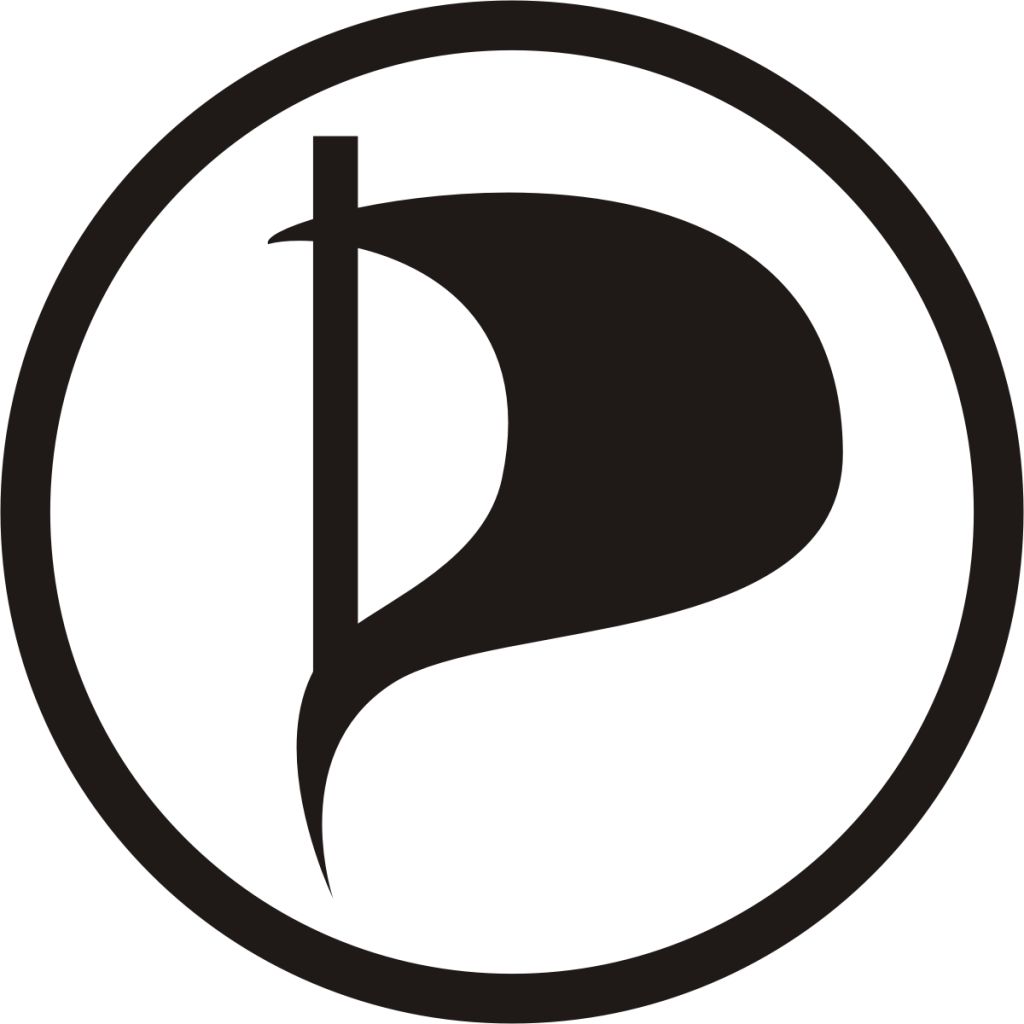European Elections: Pirates on the Horizon

In the last two weeks, European elections have given rise to a wave of anti-incumbent and anti-austerity sentiment among voters in France, Greece and even Germany, where the Pirate Party continues to expand its foothold in state governments across the country. In France, incumbent President Nicolas Sarkozy was bested by Socialist Party candidate Francois Hollande, who ran on a platform that promised to roll back tax cuts on the wealthy, increase taxes on incomes over 1 million Euros, and re-invest in public education, among other things. In Greece, voters delivered a devastating blow to what had been the country's two largest parties, New Democracy and Pasok – which together received just 32% of the vote –, and turned instead to smaller parties which, despite their differences, were united in their opposition to the previous government's austerity measures.
Just yesterday, elections in the German state of North Rhein-Westphalia resulted in a stinging defeat for the party of Chancellor Angela Merkel, the Christian-Democratic Union. The vote in Germany's most populous state will likely usher in a coalition government between the Social Democratic Party and the Green Party, which received 42.3% and 9.3% support, respectively. Merkel's CDU came in a distant second behind the SDP with under 33% support. The elections were also noteworthy for the relatively strong showing by the upstart Pirate Party, which received nearly 8% support in the vote and is now guaranteed 20 seats in the state government under the country's proportional representation system.
The Pirate Party now holds seats in four of the country's sixteen states: Berlin, Saarland, Schleswig-Holstein and Nord Rhein-Westphalia. All four of these electoral victories have come over the course of the last eight months. In September 2011, the Pirates gained their first electoral victories at the state level in Berlin, winning 15 seats with just under 9% support. In March, they won four seats in the legislature of Saarland, garnering 7.4% of the vote. Earlier this month, they broke the 5% barrier once again, and gained representation in the state legislature of Schleswig-Holstein.
Some readers may now find themselves wondering: what the heck is the Pirate Party? The Pirate Party was initially founded in Sweden in 2006 by IT entrepreneur Rickard Falkvinge, with a platform focusing on digital rights issues such as copyright and patent reform. The fledgling movement quickly spread to other European countries and flagship Swedish chapter achieved it's first major electoral success when it gained two seats in the European Parliament in the elections of 2009. It's platform has evolved to encompass broader issues of public policy, taking a strong stand in support of civil liberties and human rights against encroachments by corporations and governments with an emphasis of how these rights and liberties can be protected and expanded in an increasingly digitized world.
The Pirate Party is now officially recognized in over 20 countries around the world, including the United States, and has active chapters in dozens more. Here in the U.S., the Pirate Party is already officially recognized in four states – Florida, Massachusetts, Oklahoma and Oregon – and is organizing in a number of others. The various state parties are currently in the process of drafting a constitution for their national organization, which is scheduled to be completed by the end of June.
In an opinion piece for the New York Times earlier this month, Steve Kettman considered the significance of the German Pirate Party movement and observed: “It’s easy to dismiss the Pirates as a quirky band of idealists. But as countless old-line German politicians can attest, American parties ignore them at their peril.”
Indeed, if the massive public uproar over the Stop Online Piracy Act that was floated in the Congress earlier this year is any indication, there are more Pirates in the United States than one might imagine. To learn more about the Pirate Party, visit the web portal for the US Pirate Party.




